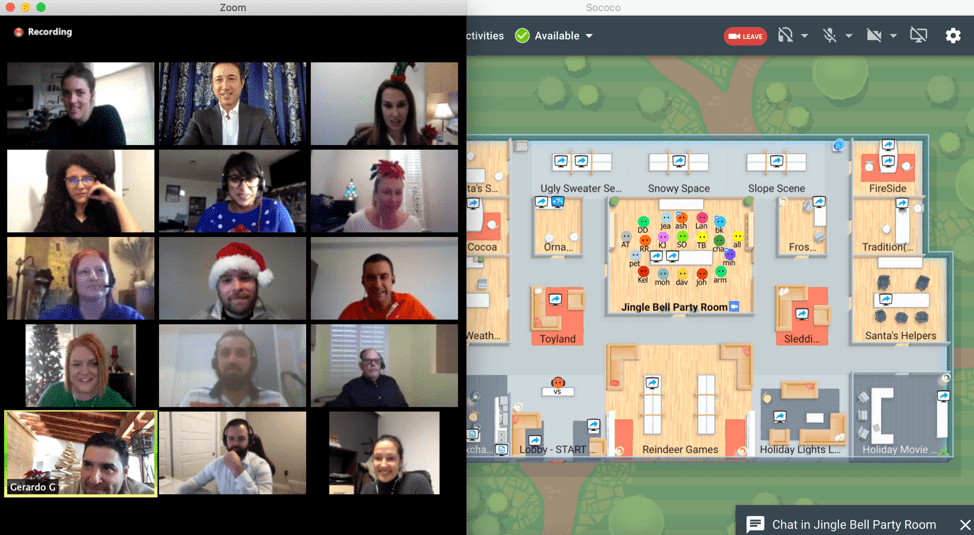Featured, Remote Jobs, Remote Work
Book notes: Trillion Dollar Coach – Leadership Playbook of Silicon Valley’s Bill Campbell
The 'cult' of remote work evangelists believe that the lessons of 'classic' Silicon Valley companies are outdated and don't apply…









